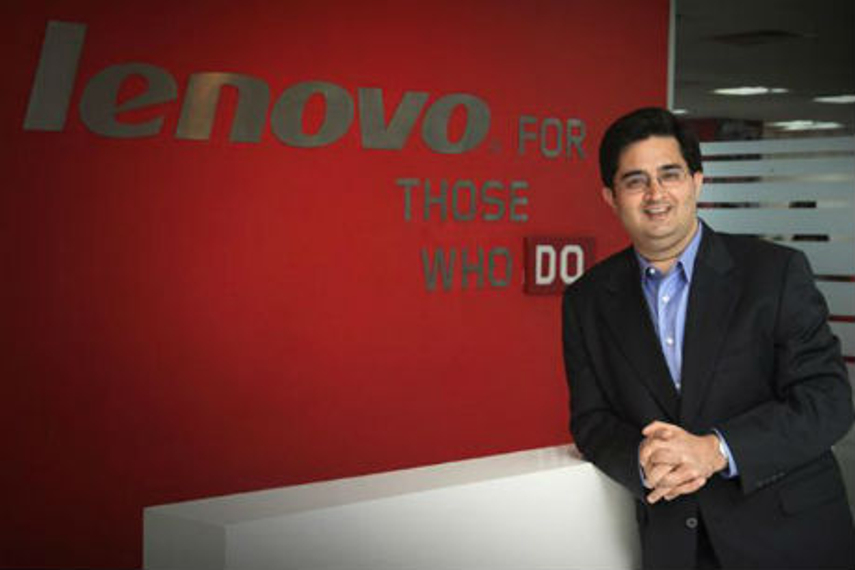
Please sign in or register
Existing users sign in here
Having trouble signing in?
Contact Customer Support at
[email protected]
or call+91 022 69047500
The ED of global brand communications notes that the smart phone market is five times more competitive than the PC market, in an interview with Marketing Magazine UK

Contact Customer Support at
[email protected]
or call+91 022 69047500
Top news, insights and analysis every weekday
Sign up for Campaign Bulletins
Creator journalists and UGC are starting to draw more attention from advertisers wary of potentially distressing content on news brands.
Wren was speaking at the Q1 earnings call and expects to close the IPG acquisition in H2 2025.
From creator collabs to AR chefs, IPL 2025 proves brands must chase relevance across memes, match breaks, and micro-moments—not just media buys.
Four agency brands, Interface, Kinnect, Neo, and Ulka, to come under its newly launched unified agency identity.